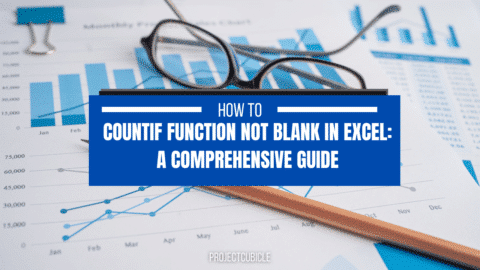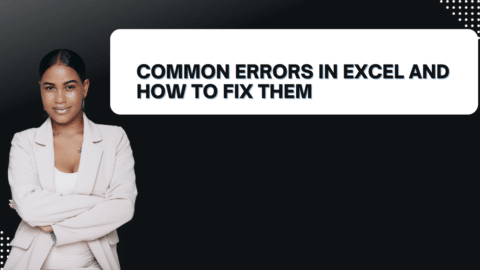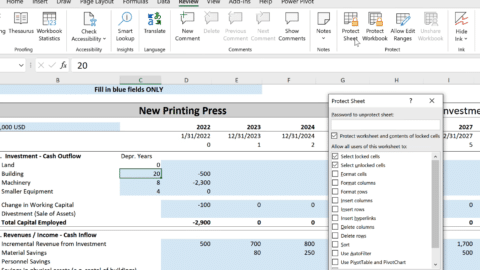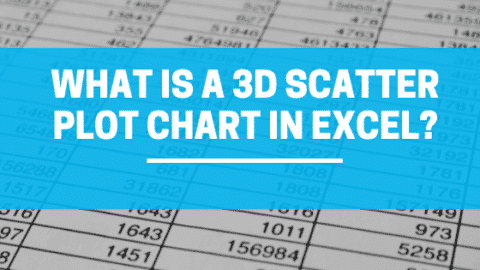5 Tools to Help You Manage Your Business Data

Table of Contents
The increase of a company’s database can be rather challenging. When attempting to extend a database, you might face storage problems, sophisticated administrative issues, as well as difficulties in locating, sharing, and verifying isolated data. So, how to manage your business data? A corporation must have the appropriate data management strategy and data management technologies to drive growth. This allows for a solid business strategy. A prerequisite for a good strategy is a set of great tools that help with data management.
The process of managing data is comprised of a number of diverse roles, all of which work together toward the common goal of ensuring that the data stored in corporate systems is correct, up to date, and easily accessible. Business users are typically invited to take part in certain aspects of the process in order to ensure that the data satisfies their requirements and to get them on board with the policies that govern how it should be used. The vast majority of the necessary work is performed by IT and data management teams.
Let’s take a look at a few tools you might want to have at the office.
Microsoft Excel
As the number oen spreadsheet tool in the world, Microsoft Excel offers numerous advantages to its users. Excel is a type of application employed by millions of individuals for storing data and first option to manage your business data.
When you keep data in Excel and share it with others, they can simply access it. Also, Excel is the best spreadsheet application on the planet due to its computation capabilities. It has a comprehensive array of functions that can be used for calculations.
However, for you and your employees to make the most out of this tool and use all of its features, you need proper training. That’s why it would make sense to contact proven Excel programmers to show you how you can use this tool to automate various tasks and optimize your current processes.
These individuals can often build custom Excel solutions for your business if you need that kind of help. This will undoubtedly improve the overall productivity of your team and your business efficiency.
Don’t forget to use the cloud

In the coming years, cloud storage will continue to establish itself as an extraordinarily valuable and essential tool for enterprises of all sizes to manage your business data. Simply put, the cloud storage solution is the future both for individuals and businesses.
Moving your data to the cloud will bring the following benefits:
- Better data security and safety. Since many individuals and companies keep files on the cloud, providers take extra steps to protect them.
- Recovery. You can access your files in the cloud in the event of a hard disk failure or other hardware problems.
- Accessibility. The cloud allows you to access your files from wherever you’d like to and at any time of the day. The only requirement is an internet connection and you are all set.
- Costs. Cloud storage is usually cheaper than physical storage.
- Auto-sync. When you work with cloud storage, every change you make gets synced automatically.
When you start looking for a good solution, make sure they place great emphasis on data protection to manage your business data. Veeam backup cloud connect is a good example of that. This solution guarantees that your files will always be fully protected no matter what. They allow easy backups at affordable prices.
Master data management tools

Data management tools are usually quite sophisticated and they come with incredible features that will solve every data-related problem once you grow your business to a significant degree. A tool of this kind will easily let you manage and visualize your data. Some even offer the help of specialists who actually run and analyze data for a living.
A good example of this is Ataccama One. Ataccama One is a highly comprehensive master data management application with a machine-learning-centric interface for data management.
In addition, it assists with data processing and transformation by automating metadata collection and project configuration. It supports all available data while functioning across several domains.
ETL and data integration tools to manage your business data
Extract, transform, and load (ETL) in computing is the process of copying data from numerous sources into a target system that reflects the data. In contrast, data integration is the process of merging data from various sources into a single destination.
Let’s take a look at one good ETL and data integration tool that may be of use to your business.
Hevo Data is an automated no-code data pipeline that enables you to load data into a data warehouse of your choosing in real-time using 100+ pre-built connections across databases, SaaS apps, and streaming services.
It provides end-to-end data management and fully automates the collection and transformation of decentralized data into an analysis-ready format.
It also offers a dependable and consistent cloud-based data management service in real-time. Its fault-tolerant architecture offers high data quality and data governance without requiring you to write any code.
Ultimately, it handles your complex ETL operations, allowing you to focus on core business requirements and data analysis with the BI tool of your choice.
Reference data management tools to manage your business data
RDM tools facilitate the collection and management of reference data, in addition to a variety of other business-related tasks.
Collibra is a nice example of a tool of this type. As a tool for managing reference data, it facilitates the automation of workflows for generating new content. It also facilitates the delivery of codes to users in a familiar manner.
Accurate data mapping is performed so that data can be accessed easily. Also, Collibra assists in comparing company-wide data.
Final words
Efficient data management is essential for businesses that want to succeed and be dominant in the days to come. In order to have a good data management strategy, you need to equip yourself with the right tools. Now you know where and what to look for.

Brantlee Bhide is a project manager at HB Consultancy. She has 16 years of experience working as a project professional across varying industries, countries, and cultures. She operates in both business and technical domains using an approach that she developed.









